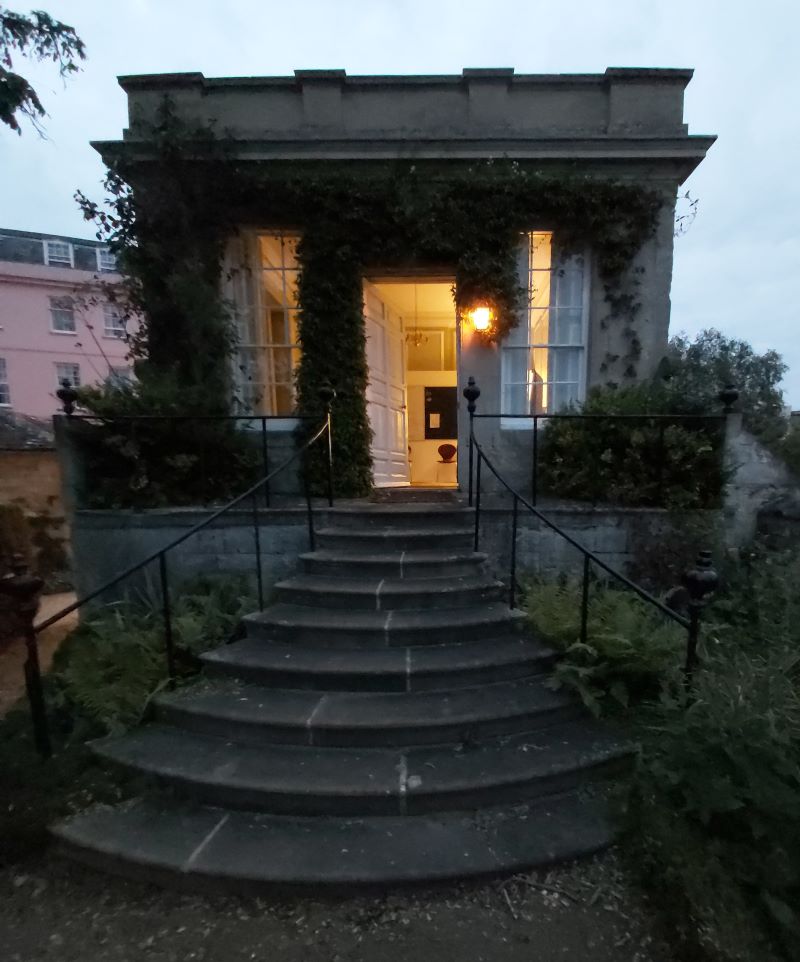Mythlab is an experimental and experiential laboratory which explores the meeting place of story with the personal and communal. Mythlab looks at how a deep exploration of the symbols, archetypes and relationships within wondertales, epics and myths, can inform enhance, nourish and expand the lived experience of an individual and the community. When life-experience and ancestral archetype meet at the crossroads, a questioning magic can be evoked.
Focusing on the fundamental mysteries of love, sex, death and rebirth, Mythlab creates rituals of experimentation, performance, discussion, and workshop. Drawing on the playful expertise of its leaders, Mythlab events create sensuous and enlivening shared experiences for audiences to nourish, expand and renew a sense of self, relationship, spontaneity, joy and community.
About Mythlab
Mythlab was born in 2019 in an exploration of spit by Ben Haggarty, as part of an Arts Council artistic development grant (DYCP). It became a creative partnership in 2023 during Ben Haggarty’s year as a Visiting Fellow in the Creative Arts at Oxford University as a response to a challenging Arts and Wellbeing project undertaken with Steph Brittain for young people in a secure unit. This experience provoked a need to understand, through deep questioning and practical experimentation, how the arts can affect audiences particularly through the mysterious powers imbued by the ‘Beholders Share’.
Mythlab – On Love
Mythlab’s current project examines the many facets of Love, Eros and Desire.
Elements include:
- Love Rites – a new public performance piece
- The Dionysus All-Nighter (!)
- ‘Beholders share’ – the launch of a food and story event in partnership with the Crick Crack Club and Co-Exist Community Kitchen, Bristol.
- Secondary school performances for young women aged 13-16, using wondertale to explore themes of gender and power.
“There once lived a man … People who spoke to him instantly fell in love, but not with him, or, indeed, immediately with anybody in particular. All that they were aware of was that they had, after conversation with him, an active spirit of love which was ready to pour itself out in loving service. The European troubadours were perhaps such people. “
A.R Orage (On Love)

